Efficacy of lapatinib monotherapy on occult breast cancer presenting with cutaneous metastases: A case report
By A Mystery Man Writer
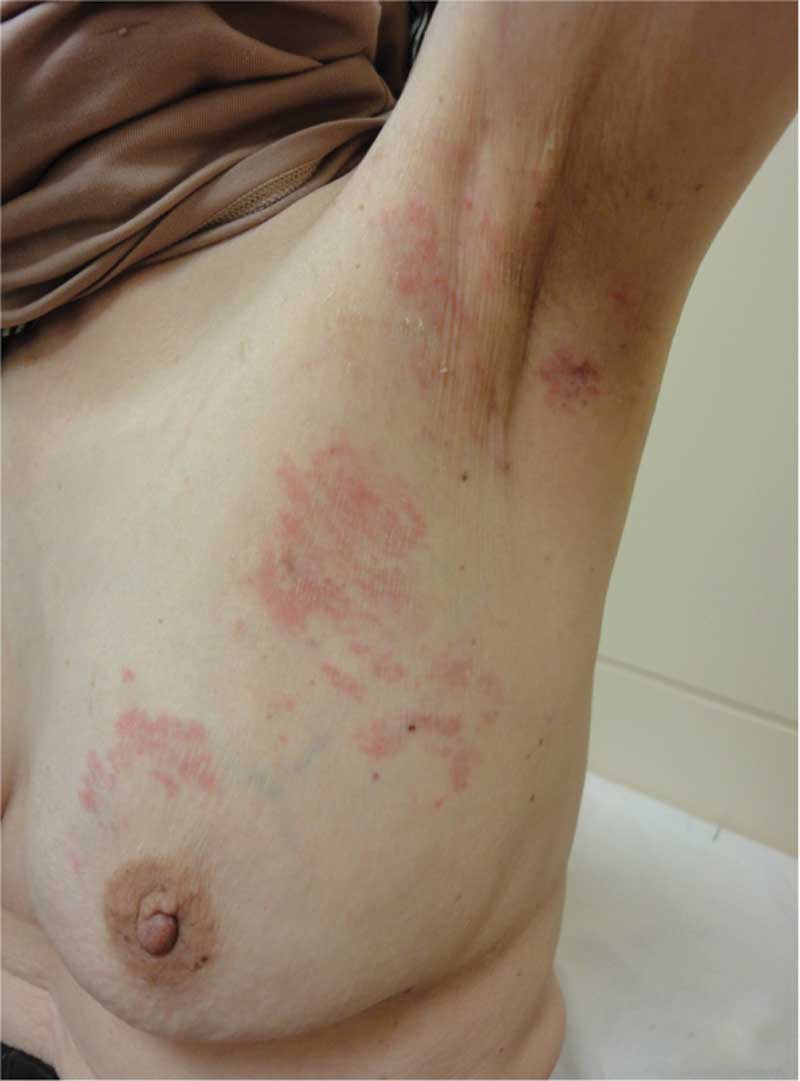
The case of a 72-year-old female who identified a lymph node enlargement in the left axilla is reported in the present study. A lymph node biopsy revealed a metastatic adenocarcinoma of the axillary lymph node. Following various assessments, the patient was diagnosed with occult breast cancer and lymph node metastases, for which treatment was initiated. Trastuzumab monotherapy was administered as the patient was elderly, positive for the hepatitis B virus and exhibited the following immunostaining/immunohistochemical analysis results: Estrogen receptor (ER) negative (-), progesterone receptor (PgR) negative (-) and human epidermal growth factor receptor 2 (HER2) positive (3+). Breast ultrasonography was performed 10 months after the initial trastuzumab administration and the left axillary lymph node enlargement had reduced in size and severity. However, a skin rash (erythema) was observed encompassing the left breast and extending into the axilla. As determined by the result of a skin biopsy of this area, the patient was diagnosed with occult breast cancer with cutaneous metastases. The immunohistochemical analysis results obtained from the skin biopsy were similar to those obtained from the lymph nodes: ER (-), PgR (-) and HER2 (3+). Therefore, the patient was switched from trastuzumab to lapatinib monotherapy. The erythema completely disappeared after two months of treatment. At present (34 months following lapatinib monotherapy initiation) no new lesions or severe side‑effects have been observed.

研究業績 - 東京女子医科大学 乳腺外科

IJMS, Free Full-Text
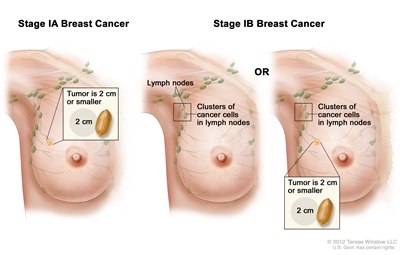
Breast Cancer Treatment (PDQ®): Treatment - Health Professional
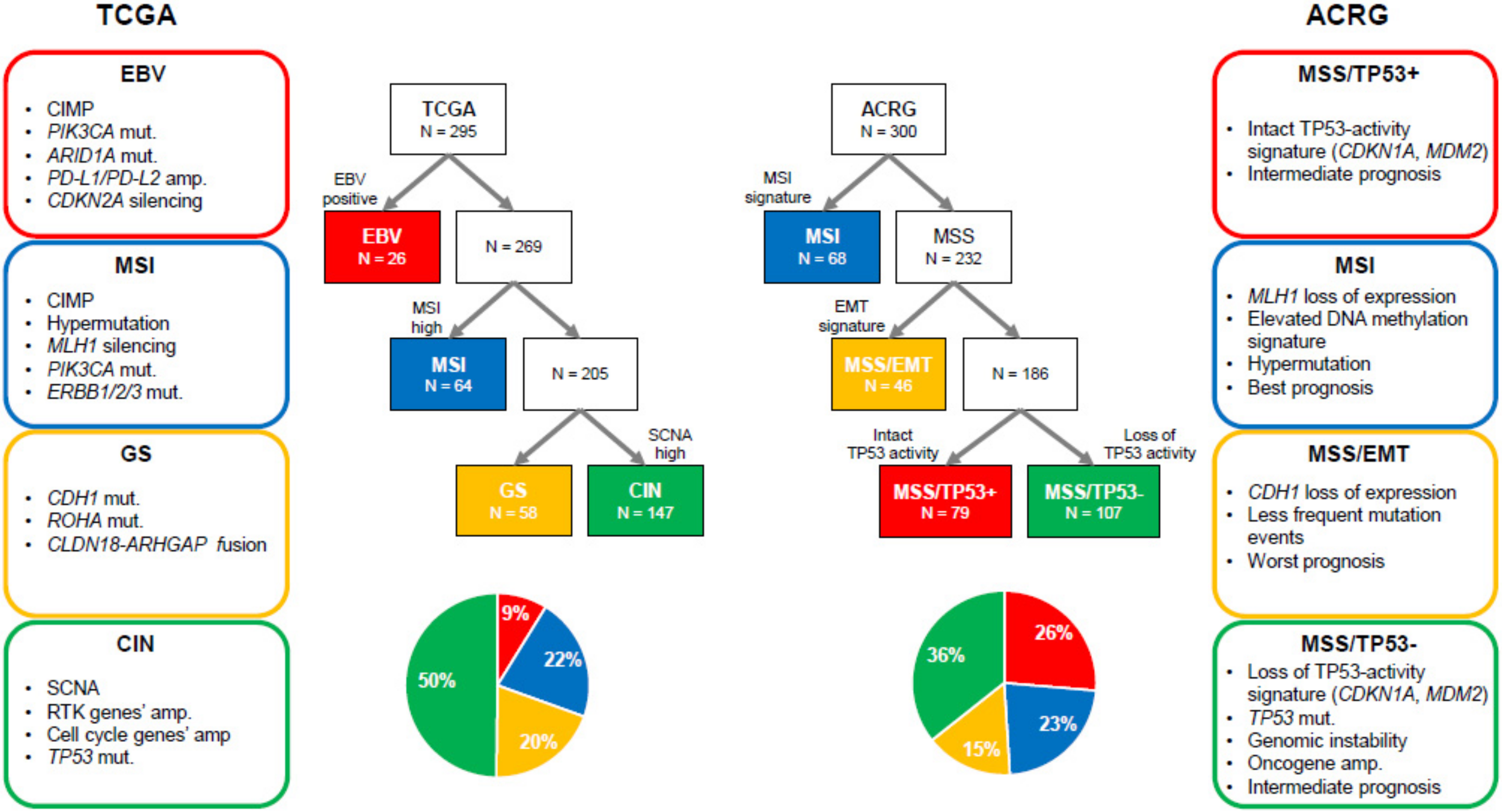
Cancers, Free Full-Text

Abstract Breast Cancer Research and Treatment
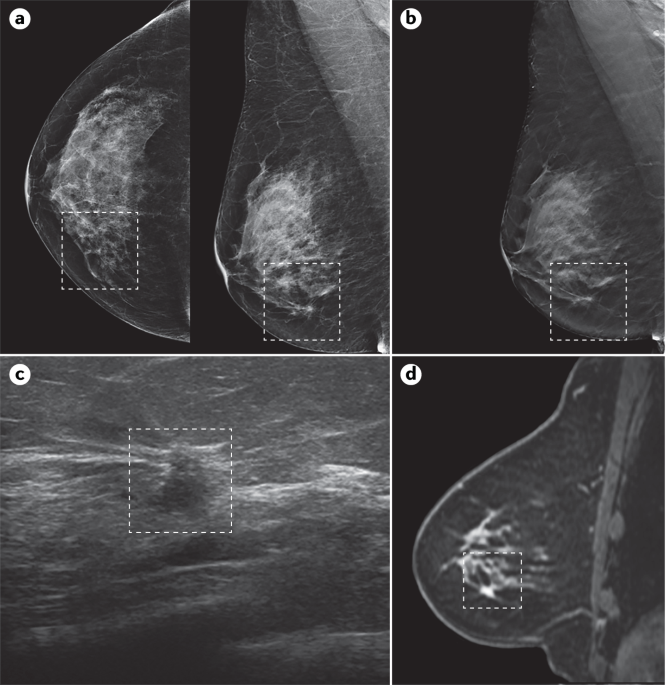
Breast cancer Nature Reviews Disease Primers

Prevention of immunosuppressive therapy or chemotherapy-induced reactivation of hepatitis B virus infection: Joint report of the Intractable Liver Disease Study Group of Japan and the Japanese Study Group of the Standard Antiviral
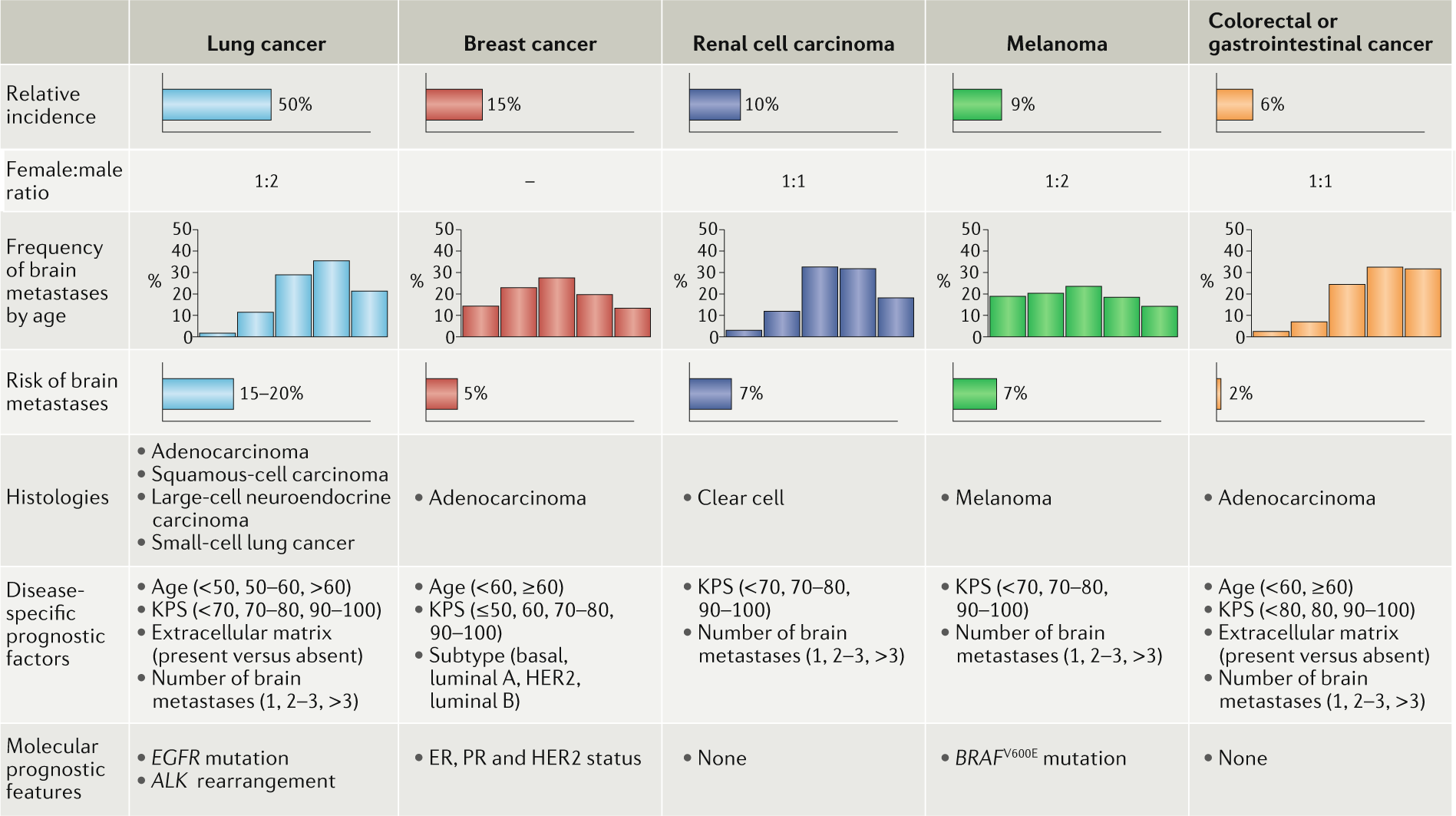
Current approaches to the management of brain metastases

PDF) Recurrent Her-2 positive occult breast cancer presenting with zosteriform cutaneous metastases: a case report

PDF] Efficacy of lapatinib monotherapy on occult breast cancer
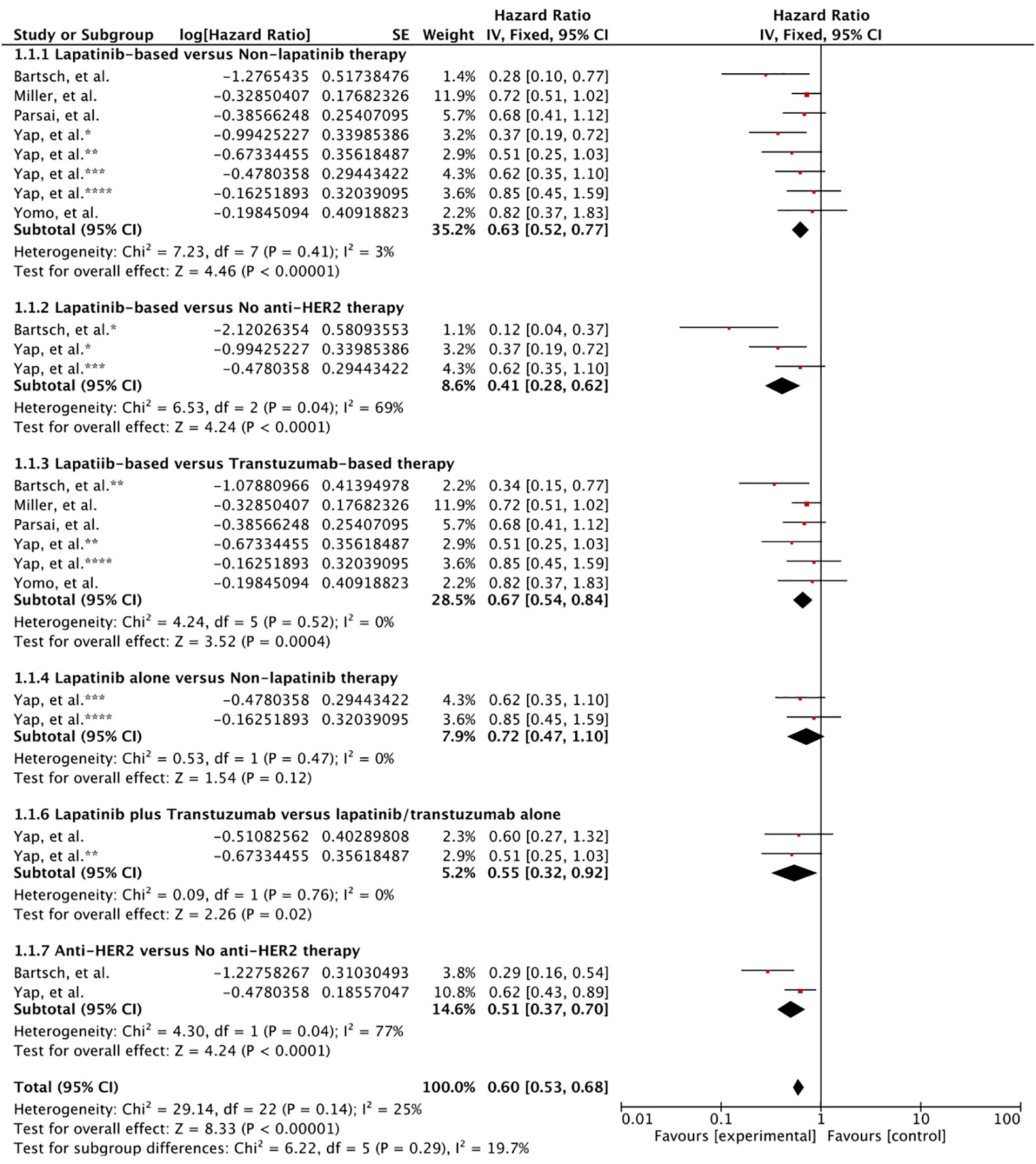
Frontiers Lapatinib Plus Local Radiation Therapy for Brain
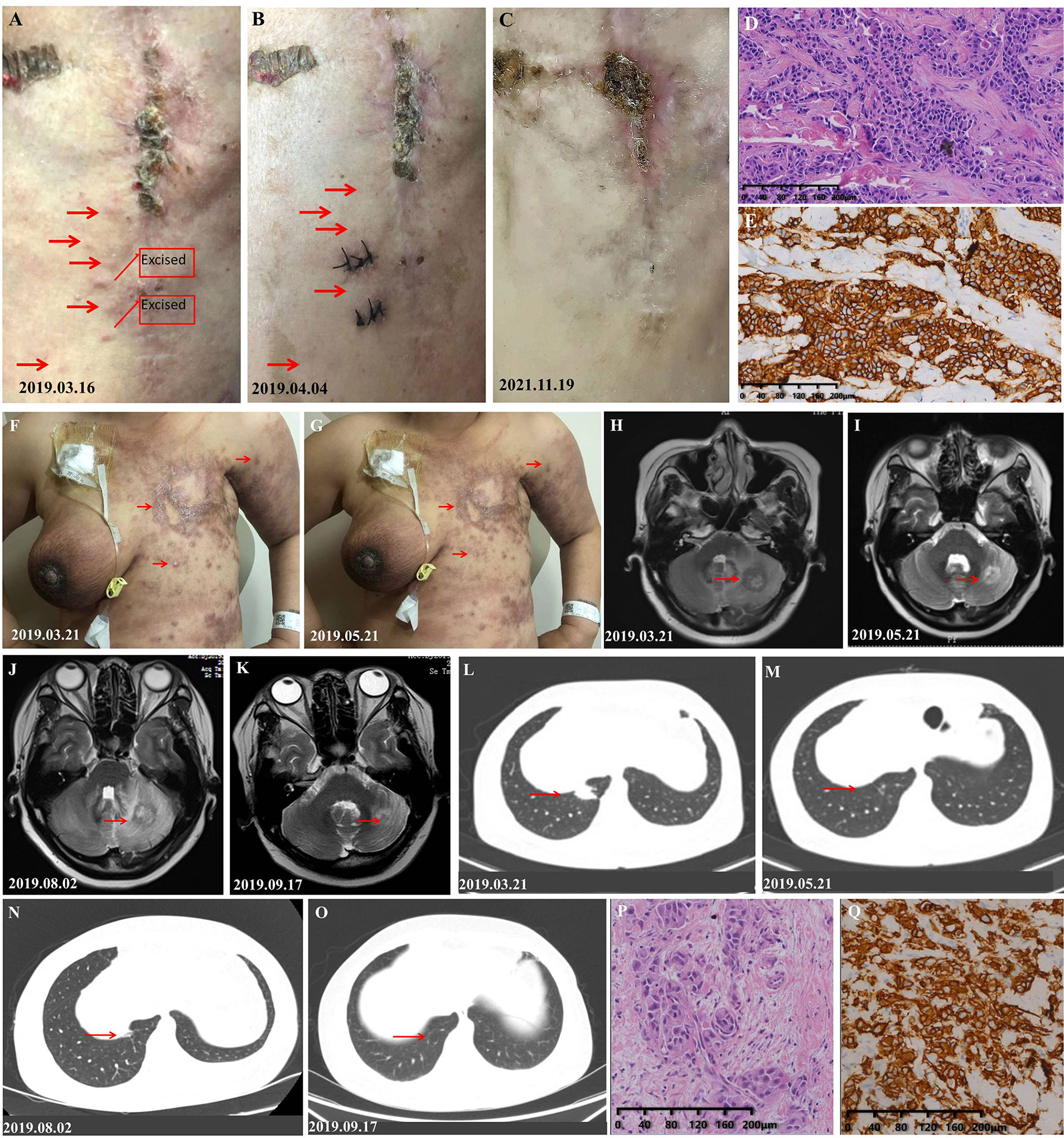
Frontiers Case Report: Significant Efficacy of Pyrotinib in the Treatment of Extensive Human Epidermal Growth Factor Receptor 2-Positive Breast Cancer Cutaneous Metastases: A Report of Five Cases
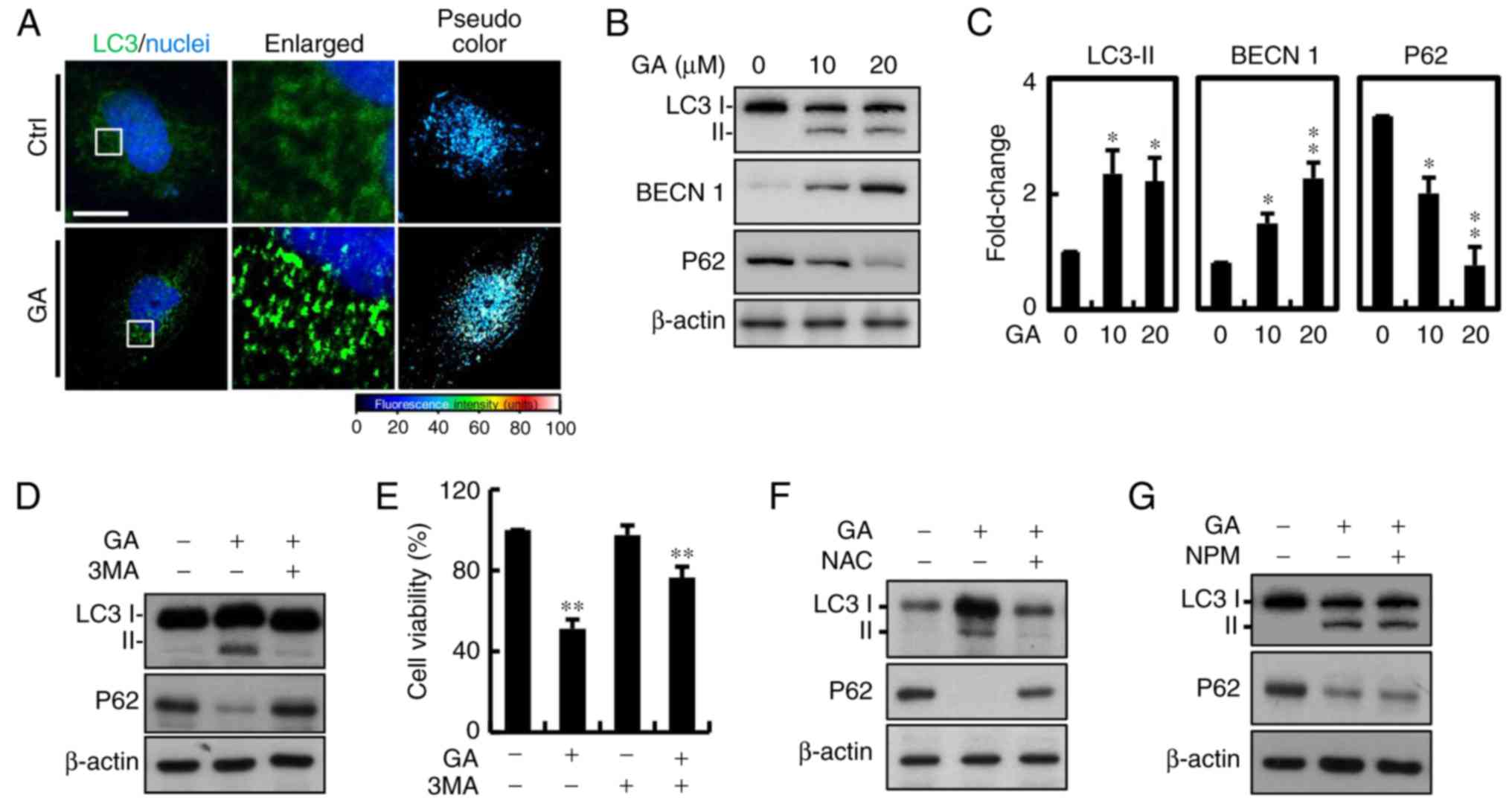
Glycyrrhizic acid induces human MDA-MB-231 breast cancer cell death and autophagy via the ROS-mitochondrial pathway